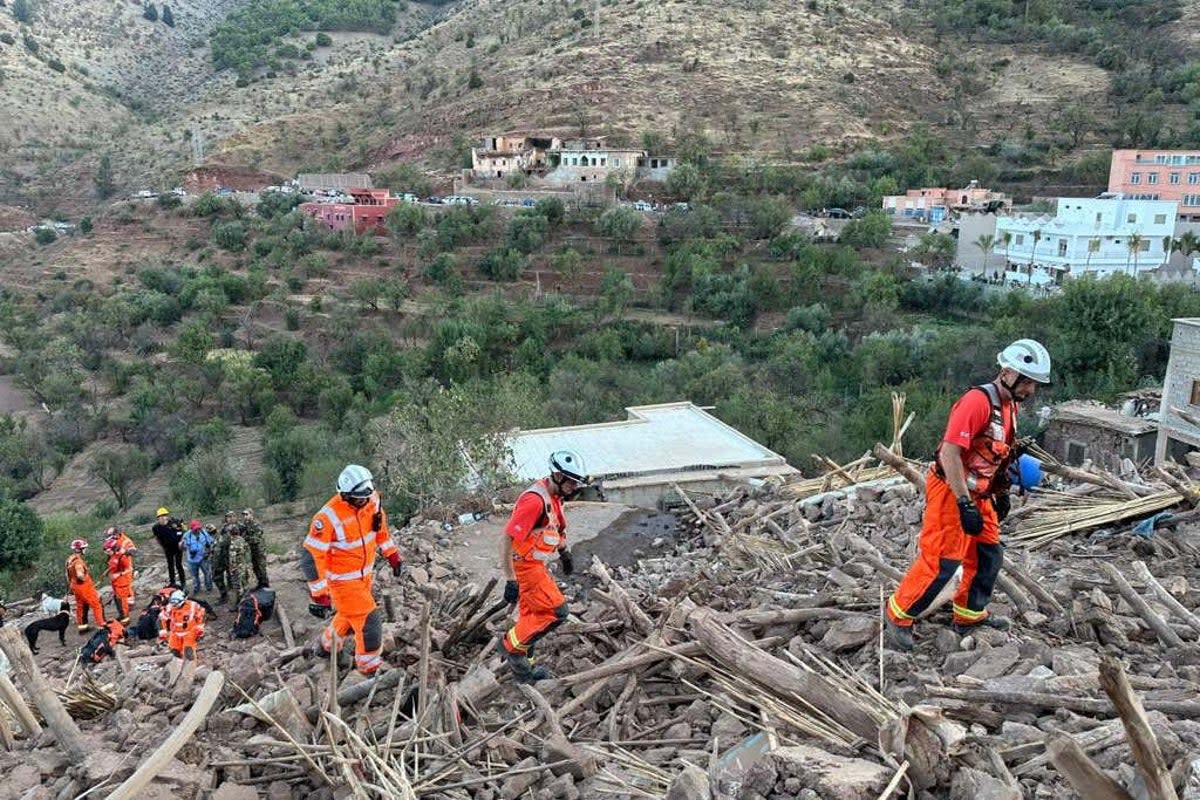What is the IMF? Leaders to meet in Morocco in aftermath of earthquake

The International Monetary Fund (IMF) and the World Bank are gathering in Morocco this week, one month after a powerful earthquake killed nearly 3,000 people and threatened to derail the summit.
The long-planned meeting will be the first time ever the financial chiefs will have met in Africa for their annual summit, which takes place in their Washington headquarters two out of three years.
The southern Moroccan city of Marrakech was supposed to host Monday’s gathering in 2021, but the meeting was postponed twice because of the pandemic. The meeting will be held from Monday to Sunday.
“A prosperous world economy in the 21st century requires a prosperous Africa,” IMF managing director Kristalina Georgieva said in a speech in Abidjan last week.
The IMF and World Bank are poised to give Africa a third seat on their executive boards, which Ms Georgieva said would give the continent a “stronger voice”.
What is the IMF?
The IMF is a United Nations agency and international financial institution based in Washington DC. It was established in 1944 following the Great Depression of the 1930s.
It was set up by 44 founding nations, and today its aim is to achieve sustainable growth for its 190 member countries by promoting economic policies. It plays a key role in stabilising the global economy and acts as an early economic-warning system.
Its resources come from the money that member countries pay as their capital subscription. Countries pay an assigned sum based on their position in the world economy, which they can then borrow from if they fall into financial difficulty.
The IMF provides loans to member countries to help them “rebuild their international reserves, stabilise their currencies, continue paying for imports, and restore conditions for strong economic growth, while correcting underlying problems”.
It also monitors the international monetary system and global economic developments to identify risks and recommended policies, and provides training and assistance to central banks and finance ministries.
The IMF has $1 trillion available for lending and currently has 34 lending arrangements, with 76 countries in receipt of emergency pandemic financing.


